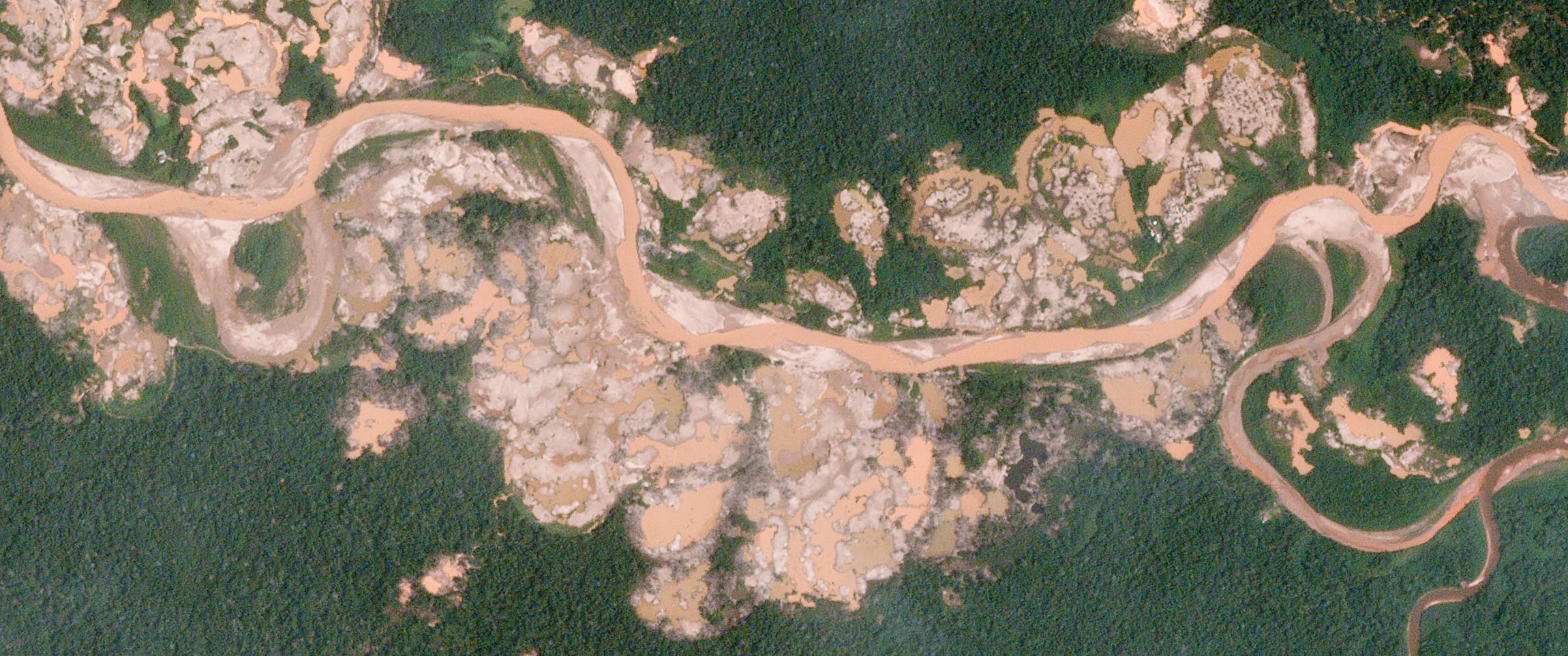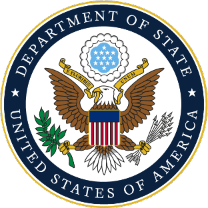Illegal mining
Illegal mining includes the undertaking of extractive activities without state permissions or land rights

Illegal mining operations destroy ecosystems and encroach on the territories of local communities, who are often the victims of violence. The illegal mining process itself, meanwhile, regularly introduces hazardous chemicals, such as mercury, into local water supplies, alongside the widespread destruction of ecosystems.
Those who work in illegal mines often face dangerous conditions and are subject to human rights abuses. In some regions, illegal mining has been shown to fund terrorism and other illegal activities, or form part of money laundering operations. It therefore poses serious social, economic and security risks.
A complex challenge
Many instances of illegal mining are small scale and artisanal in nature, and are often the result of limited economic opportunities for local communities. Distinguishing these operations from those of wider criminal networks is a major challenge.
The Nature Crime Alliance is bringing a wide range of stakeholders together to find effective solutions to end illegal mining. Strategic priority areas include work on supply chain choke points – for example, interventions where illegal gold enters the global market – and strategic communications to raise awareness of illegal mining and increase pressure for action.


